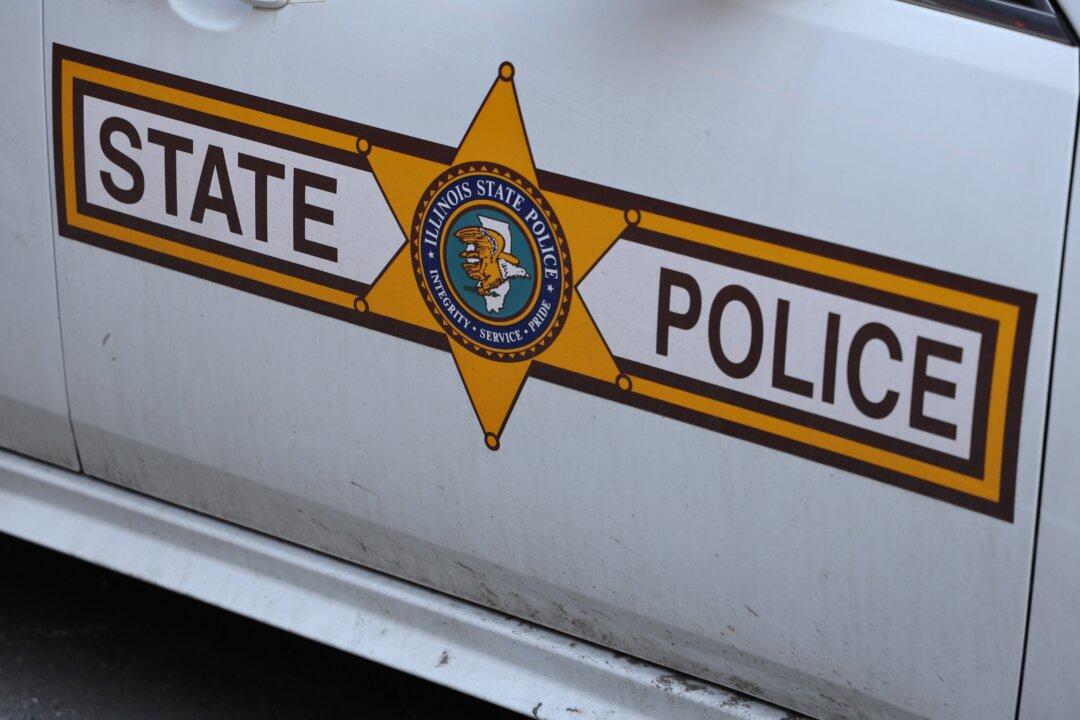The Liberty Justice Center on Thursday filed a lawsuit challenging Illinois’ roadway cameras, which capture images of license plates on vehicles driving on state highways.
The lawsuit, filed on behalf of two Cook County residents, argues that the Illinois State Police Department’s use of highway cameras—known as Automated License Plate Readers (ALPR)—to track citizens without warrant or suspicion of crimes is an overstep of authority and a violation of the Fourth Amendment.





